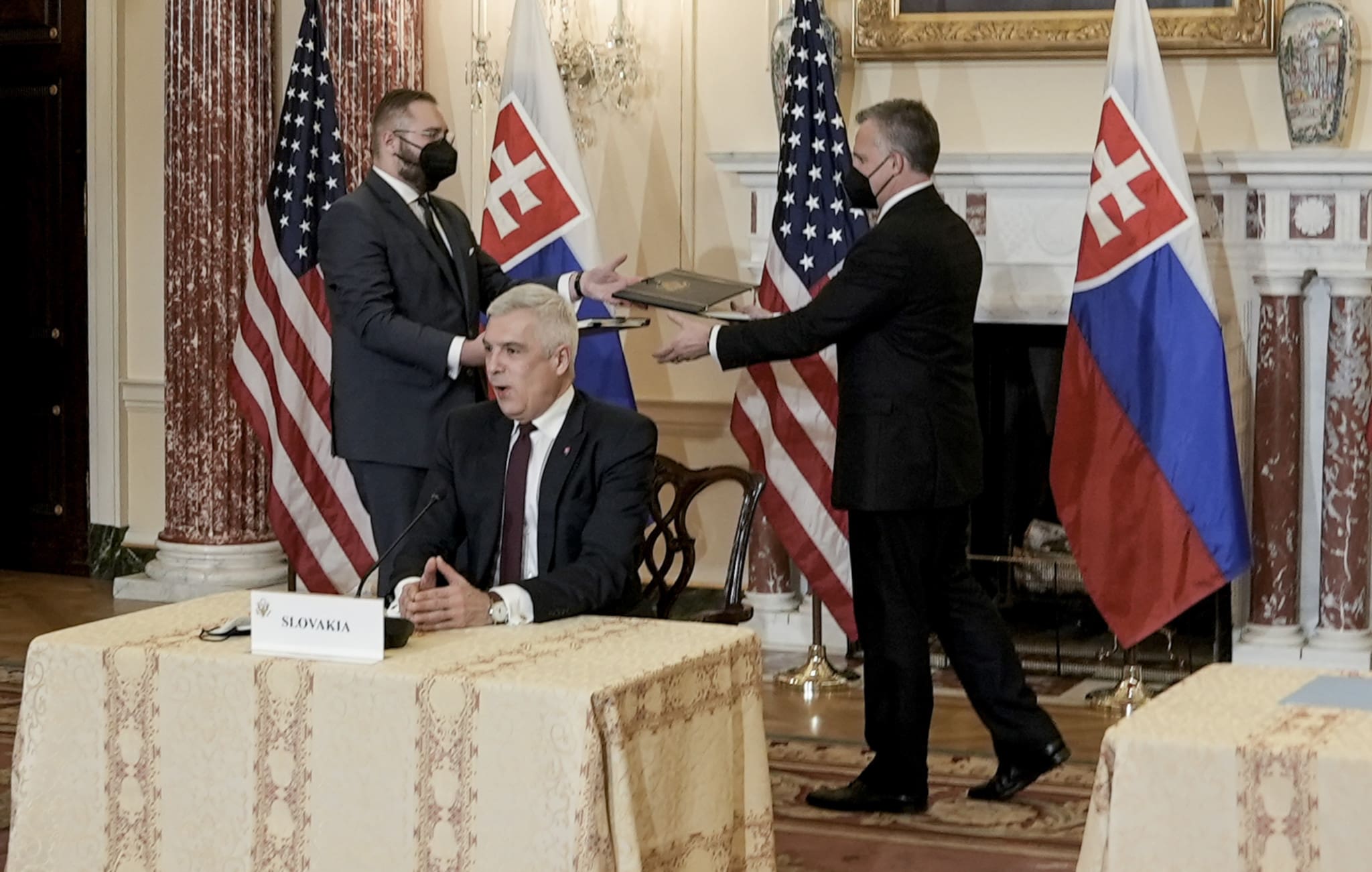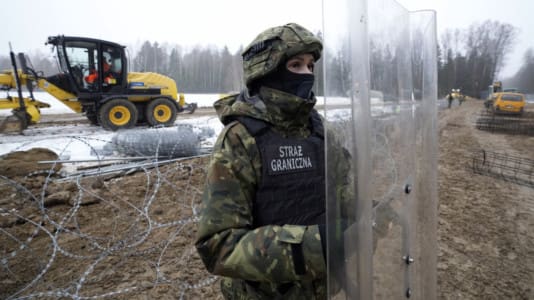The Slovak parliament approved on Wednesday a defense cooperation treaty with the United States, based on which American soldiers will be able to use two military airbases in the country.
The agreement, which served a major source of political conflict in the country, was subsequently ratified by President Zuzana Čaputová, thus fulfilling all the conditions for Slovakia to allow the agreement to enter into force. Opposition parties and the Attorney General opposed the agreement in Slovakia and, according to an earlier survey, the agreement does not have the support of the majority of the country’s population.
The agreement with the U.S. was supported in the vote by 79 out of 140 deputies present. Several legislators were against the agreement or did not vote. The votes of at least 76 deputies were required for approval.
The representatives of the Slovak government called the intergovernmental agreement with the U.S. on defense a step towards increasing the security of Slovakia and a confirmation of its foreign policy orientation. According to Defense Minister Jaroslav Naď, most NATO member states, including Hungary and Poland, have concluded a similar agreement with the U.S. government.
[pp id=28580]
During a visit to the United States last week, Naď signed a document which will allow Slovakia a chance to obtain U.S. aid totaling over $100 million (€87.3 million) to modernize military airports in Kuchyňa and Sliač, According to him, after the signing of the agreement by the Slovak president, negotiations on the conclusion of implementing agreements will begin.
Tuesday’s negotiations on the treaty, especially by members of the far-right People’s Party Our Slovakia (LSNS), were accompanied by the obstruction, whistling, and sirens sounding in the Chamber. The opposition, including the Direction–Slovak Social Democracy of former prime minister, Robert Fico, claimed that Slovakia would become a vassal state on the basis of the said agreement and that the country’s sovereignty would be limited. Parliament ended the debate prematurely that day.
“The European continent, including Slovakia, has been the target of hybrid attacks for several years, including a massive disinformation campaign,” said President Čaputová in a statement to ratify the agreement.
“Its territory is the human mind, and its goal is to weaken our institutions, destabilize our society, and seek to distance us even further from our allies. The adoption of this agreement was also strongly accompanied by the spread of misinformation,” she added.
“The agreement does not represent the end of Slovak sovereignty, on the contrary,” insisted current Prime Minister Eduard Heger after the parliamentary vote.
Fico has announced the collection of signatures on a petition to call a referendum on the agreement. He believes that Slovak citizens will oppose it.
According to Slovak Attorney General Maroš Žilinka, the agreement is more disadvantageous for Slovakia than the agreement on the stay of Soviet troops in former Czechoslovakia after its military occupation in 1968. Čaputová called the statement a misunderstanding of the facts and a sign of disrespect for the victims of the Warsaw Pact invasion.
In the Median SK survey from the turn of January and February, 54 percent of Slovaks were against the agreement with the USA, while 32 percent of respondents supported the policy.
Čaputová enforced a so-called interpretative clause to the agreement, according to which the document does not establish military bases in Slovakia or place nuclear weapons on its territory, for example, and the Slovak government or parliament will continue to decide on the activities of American soldiers in the country. The United States has added a similar clause to the agreement.





